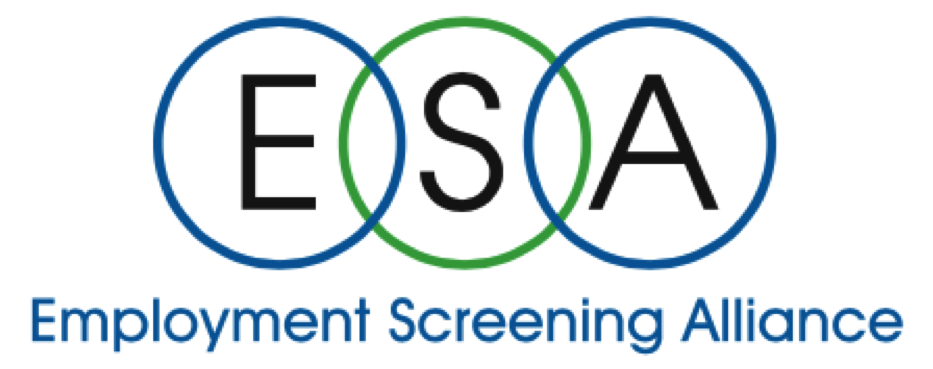Employment Screening | Legal Marijuana: New Challenge for Employers Pt. 1
Employment Screening | Marijuana laws are changing across the country, and having a surprisingly profound impact on employers – not just in Colorado.
In addition to the existing 24 states and District of Columbia that have legalized marijuana for medical use and the four states that allow recreational use, 13 states are currently considering legalization measures – eight of which will vote on this matter in November.
Businesses must now determine how to operate in an era when marijuana, still federally illegal as a Controlled Substances Act Schedule 1 drug, is increasingly being legalized at the local and state levels.
With this quickly evolving landscape, now is the time for companies to consider their position regarding the use of marijuana by their employees, but according to a survey recently released by HireRight, only 5% of employers say they (formally) accommodate marijuana use, 39% do not accommodate marijuana use and 52% say they don’t have a policy either way.
Many employers and job seekers aren’t sure where state laws end and federal laws begin.
And even where it may be legal at the state or local level to purchase and use marijuana, many states have specific exemptions for employers which are further exemplified by court cases that have upheld an employer’s right to not accommodate an employee’s marijuana use – whether medically recommended and legalized pursuant to state statute or in a situation where an employee has the right to purchase and use marijuana in their home state.
These disparities have created confusion for employers and many lack a coherent policy that covers a multi-state workforce.
However, while employers attempt to make sense of existing and changing laws alongside employment attorneys, the growing gap in drug policies is creating liability in hiring practices amplifying the importance of having a clear, consistent and legally acceptable policy addressing marijuana to mitigate risk to the organization.
How can a company determine what policy is the right fit for their workforce and the responsibilities associated with the job?
In certain industries federal law mandates drug screening.
In the transportation sector, U.S. Department of Transportation regulations require that safety sensitive employees be screened for marijuana and other drugs.
For other industries, the lines are a bit more blurry.
Consider an industry like manufacturing, where federal rules don’t explicitly mandate drug screening, but job responsibilities and the use of machinery suggest that it’s probably a good idea.
For positions considered white-collar such as those in corporate settings, for example, fellow employees or clients may not necessarily be in potential physical harm due to marijuana use, but it can have an impact on productivity.
The direct economic impact of illicit drug use directly to employers is $198 billion and the U.S. Department of Labor believes there are 14 million active drug users in the workforce.
That’s $14,000 in employer drug-related costs per drug using employee each year on average. -HireRight
Learn what ESA can do for you! Call 866-830-3724 to discuss employment screening services or complete the form on www.esascreening.com now!

